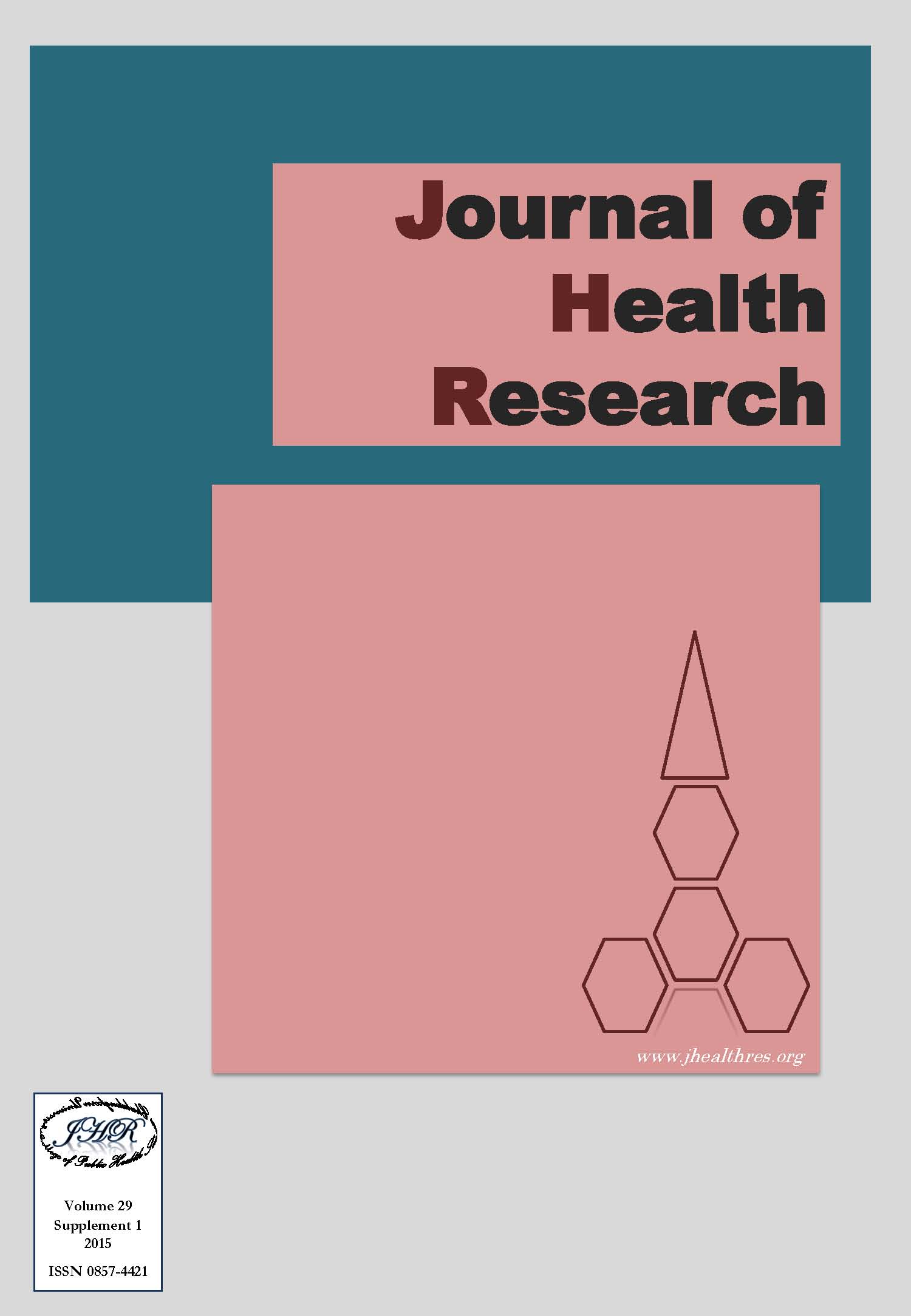Factors Related to Maternal Self-Efficacy in Providing Home Care for Under-Five Children with Pneumonia in Jambi City, Indonesia
Keywords:
Children with pneumonia, Home care, Maternal self-efficacy, IndonesiaAbstract
Background: Pneumonia is a leading cause of death in children under the age of five globally. It is the second highest cause of death after diarrhea for the same age’ group in Indonesia. Mother’s perception of care and mother’s self-efficacy in providing home care is crucial to save the lives of children with pneumonia. The study aimed to identify the association between maternal characteristics, perceptions, knowledge, and self-efficacy in providing home care for children with pneumonia.
Methods: A descriptive correlated design was applied in this study. Participants were selected using multi-stage sampling method from three primary health centers in Jambi City, Indonesia. One hundred and twenty three mothers who have children with first time pneumonia were recruited and were asked to complete a self-administered questionnaire. Data were analyzed using descriptive statistics, Point Bi-serial coefficients, Spearman’ Rank, and Pearson Product Moment Correlation Coefficients.
Results: The study revealed that maternal age, parents’ income, and source of pneumonia-related information had a positively significant correlation with maternal self-efficacy (r=.350, r=.436, r=206, p<.05 respectively). Maternal perceptions include maternal perceived susceptibility, perceived severity, perceived benefits also had a positively significant correlation with maternal self-efficacy (r=.673, r=.539, r=570, r=.486, p<.01 respectively). While maternal perceived barriers had a slightly negative significant correlation with maternal self-efficacy (r=-.191 and p< .05). Maternal knowledge had a positive correlation with maternal self-efficacy. (r=.673 and p< .01).
Conclusion: The perceptions and knowledge of mother related to pneumonia have significantly influenced to mothers confident to providing care for children with pneumonia at home. Therefore, an implemented program to improve maternal self-efficacy could help to overcome maternal barriers by improving maternal perceptions and knowledge in caring for children with pneumonia.







